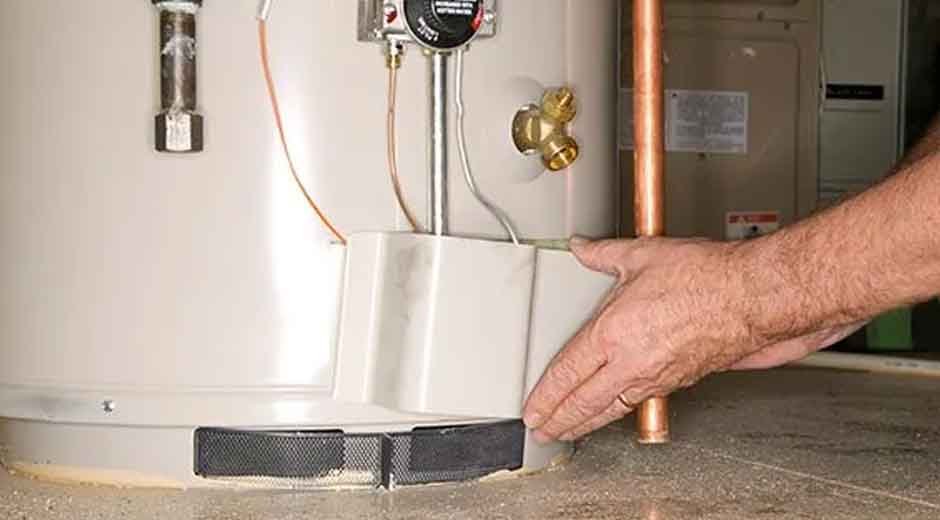Choosing the right water heater requires understanding your household’s hot water needs and finding units that match the demand. Water heaters come in various types, including tanked, tankless, heat pump, and solar models. Size and energy efficiency also vary, so carefully evaluating your options helps determine a suitable unit. Here are a few tips for choosing the right water heating unit for your home:
Know the Different Types
Tank heaters store hot water in a cistern, providing a consistent supply of hot water across multiple faucets running simultaneously. Using larger tanks or installing multiple cisterns allows you to use one when the other is refilling. Tankless units offer an alternative if you don’t have enough space for cisterns. These are compact and heat your water on demand, resulting in enhanced energy efficiency. Tankless water heaters have varying flow rates, but may struggle to provide consistent hot water across multiple faucets simultaneously.
Heat pumps are systems that transfer heat from the air or ground into the water. You can use them with tank systems, and they are highly efficient in warmer climates. Contractors also offer solar heaters that rely on sunlight to heat water in storage tanks.
Determine Your Heating Needs
Your household’s hot water needs influence the type and size of water heater you should install. To estimate your household’s daily water usage, assess the number of people and peak usage times. You can also check if you have multiple fixtures running simultaneously. A small tankless system may suffice if you have a small household and require on-demand hot water. Larger storage tanks or high-capacity tankless systems are suitable for frequent use.
Check the tankless unit’s flow rate, which determines how many gallons of water can be heated each minute. Choose heaters with higher rates if you need hot water from multiple faucets at the same time. If you prefer a tank water heater, check the water capacity to choose units that hold enough hot water for your needs.
Assess Energy Efficiency Ratings
Manufacturers usually include an energy factor (EF) or uniform energy factor (UEF). These are standard ratings for efficiency. A higher energy rating indicates better energy efficiency, which means the unit uses less power to heat water. Look for Energy Star certification and choose models with proven energy savings.
You should also determine the fuel type your heater uses. Modern heaters utilize electricity, natural gas, propane, and solar energy. Natural gas and propane usually offer increased efficiency and faster heating times. Installing an off-grid system helps maintain a hot water supply during power outages. If you choose electrical units, verify that your house has a sufficient power supply.
Review Long-Term Maintenance Costs
Newly installed water heating systems last several years but require routine maintenance to work optimally throughout the year. Technicians inspect water heaters to verify part functionality and replace or adjust parts if needed. Tankless heaters generally have lower maintenance needs because they have fewer mechanical components and connections. Though tank heaters have more components, routine inspection and maintenance support a long lifespan.
Beyond physical repairs and replacements, assess long-term energy consumption. Look for durable, low-maintenance models with higher energy efficiency ratings. Some units feature temperature controls and vacation modes, allowing you to personalize use based on your needs. Additional features, such as digital displays and controls, provide extra convenience.
Find High-Quality Water Heaters Today
Investing in a new water heater gives you a reliable supply of hot water when you need it. Some plumbers offer pre-installation consultations to help you determine what heater type and size is suitable for your home. Contact a plumbing contractor today to find out more about water heaters for your home.






